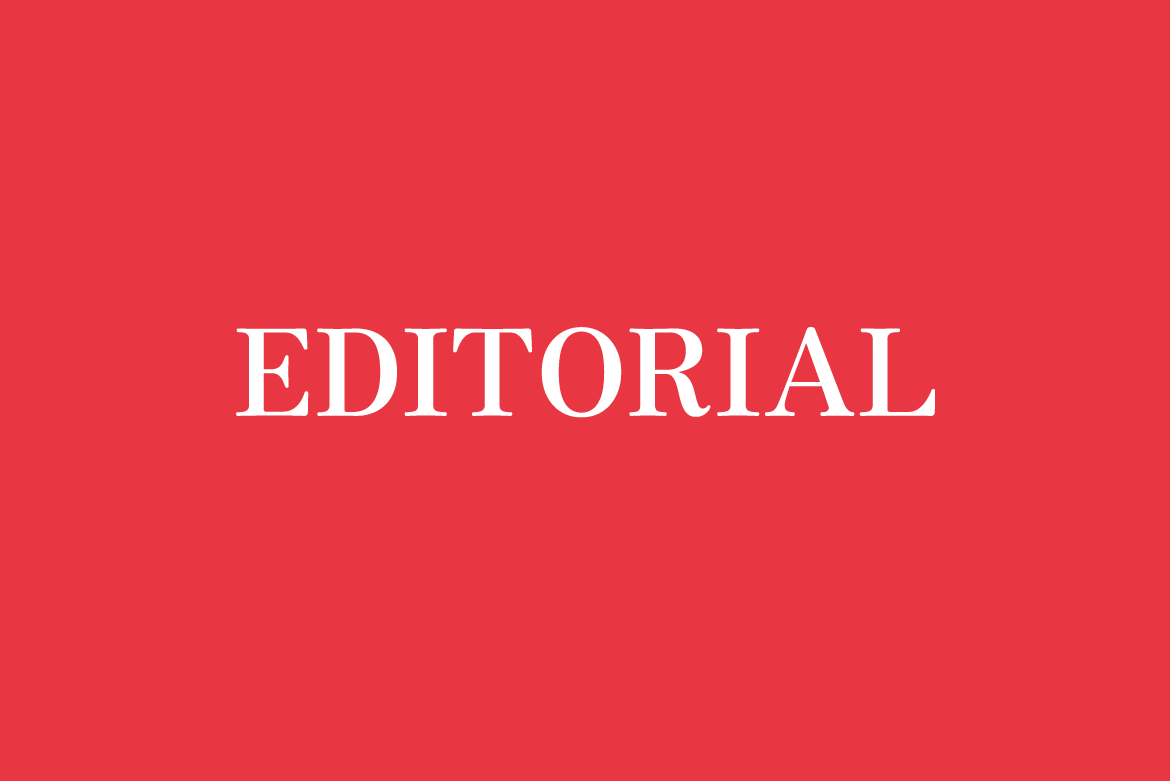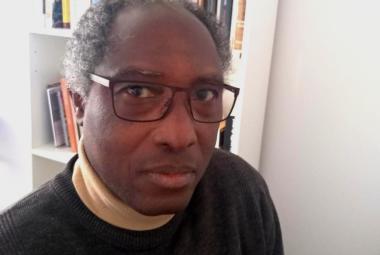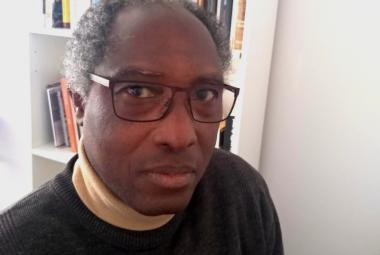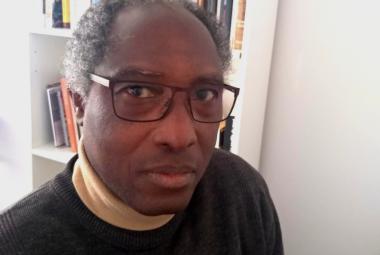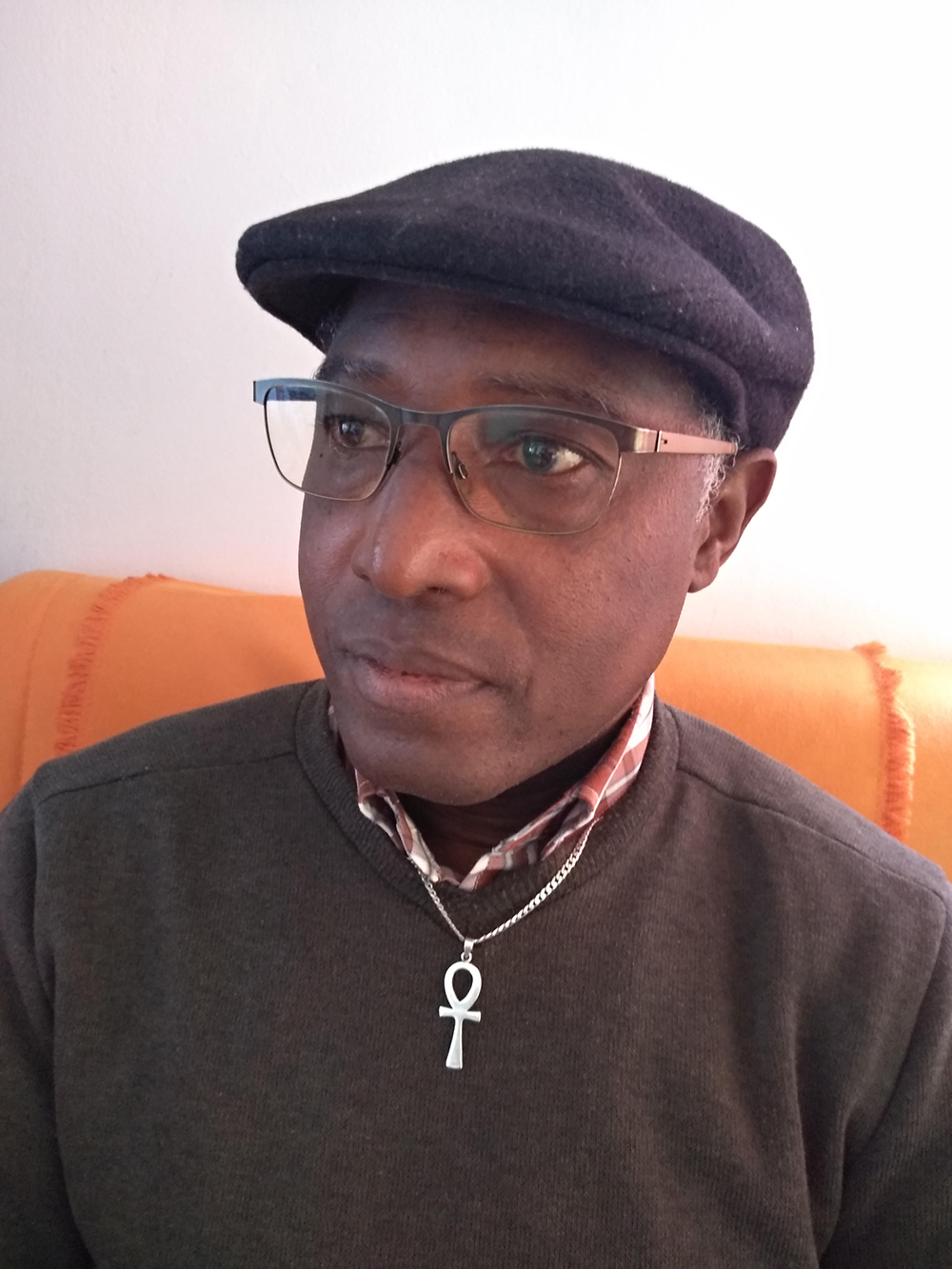
In Africa, the end of the 1980s and the beginning of the 1990s were indelibly marked because it is conventional to call the Democratic Renewal: the birth of democracy for some countries and recovery for others. In any case, instead of the old one-party regimes, new, more open regimes have emerged, either at the end of the national meetings, like the Conférence des forces vives de la nation (Conference of Living Forces of the Nation), in February 1990 in Benin (the first of its kind), or directly by revising the Constitution and holding pluralistic, free and fair elections, as was the case in Cape Verde. Even countries where multipartyism and elections were already established, such as Senegal, had to get in tune with the new political order.
Two decades after what looked like a revolution in political mores, the disappointment is real in many countries. Recent events are there to remind us of this: from constitutional revisions to grant ourselves a third term to coups d'Etat in West Africa, including the replacement of democratic regimes by dictatorships, like in Benin where the National Conference was born.
Some leaders have mastered the art of constitutional revisions and other tampering with election results in order to stay in power or conquer it. Across the continent, the picture is now darkening and particularly in French-speaking Africa. On the other hand, in the rest of the English-speaking and Portuguese-speaking countries; we can fortunately note that the rules of the democratic game are more or less respected. The timely holding of elections and the normal functioning of institutions make it possible not to despair of the entrenchment of democracy. Also, to encourage more countries to put it into practice, France, Europe and the United States should resurrect the “democracy bonus”. Similarly, poor students should be punished. A promise to this effect had been made to African countries during the famous speech at La Baule*. But it was never kept. And Benin had always complained about it through the voice of President Nicéphore Soglo (1991-1996) before its democracy was definitively wrecked with the advent of President Patrice Talon in 2016.
There is no question of putting the French-speaking countries of Africa and beyond all those of the continent under infusion of the "democracy bonus" as was done in its time with the SAPs (Structural Adjustment Program ). Or as if Africans necessarily needed a bonus to force them to be the democrats or prone to democracy that they were - I will never stop repeating this enough - the first to invent. The Greeks did not invent Democracy, what they did invent is nothing but a voting system. What was born under the reign of Pericles in Athens was suffrage by secret ballot. In other words, voting with a white pebble to say "yes" and with a black pebble to say "no" Democracy, on the other hand, is an institution as old as human beings when they have largely exceeded the framework of the nuclear family. Under the Greek terms of Kratos (sovereignty) and Demos (people), the government of the people by the people is not in itself a new invention. The Greek Democracy which has become the accepted Western form was preceded by several millennia by the typically and authentically African democracy. With a representative government, a completely egalitarian system, a direct and non-secret vote, and recognition of the rights of both women and men, of children and against all odds for some, even recognized rights to animals and to trees, etc. History has kept evidence of the very ancient existence of Democracy in ancient Nubia.
In short, the "democracy bonus" in agreement with the sub-regional organizations in a new partnership to be established with Africa, could well and truly be part of the various other forms of cooperation that already exist between the regional groups from both continents. It would probably be for the countries of the West, if indeed they are attached to democratic values and wish to promote them, an alternative in order to resolutely fight the temptation and the inclination towards counter-values proposed to Africa now in an uninhibited way by powers where autocracy is the chosen model.
By Marcus Boni Teiga
* In 1990, President Mitterrand had promised to support the regimes which would engage in the path of democratization



